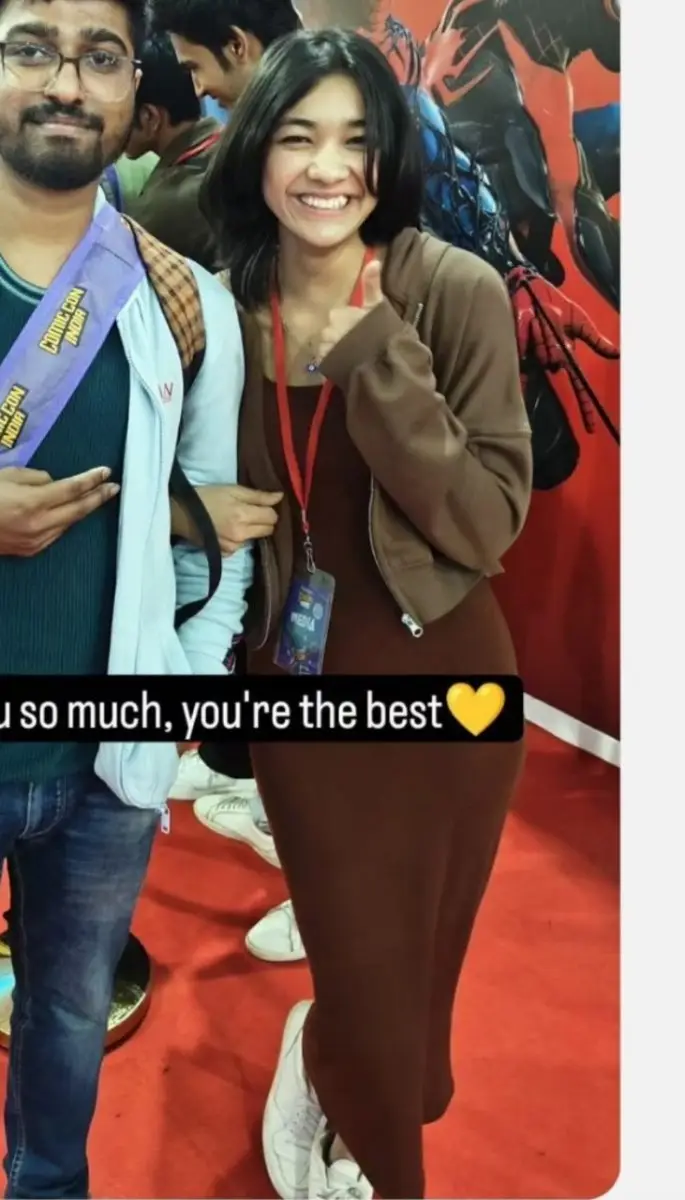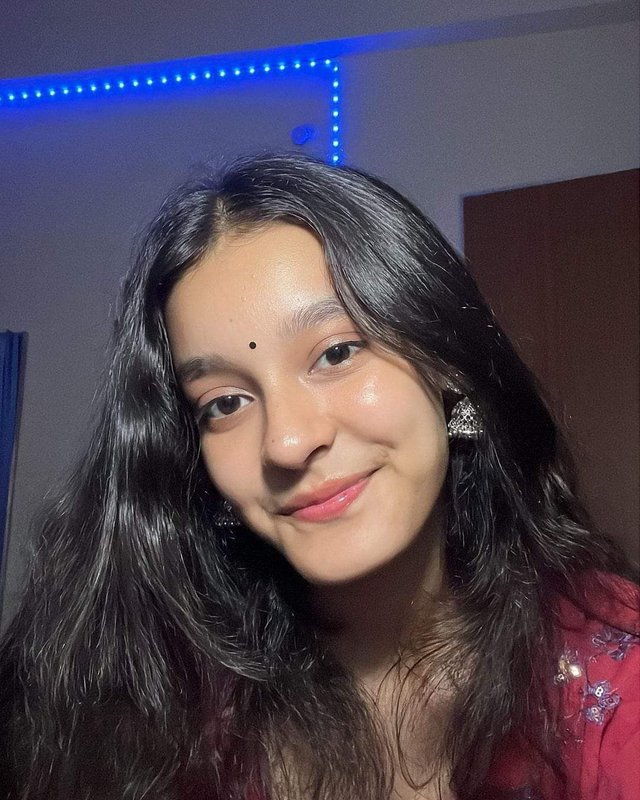Is the digital era truly a double-edged sword? The proliferation of technology has undeniably transformed how we communicate, consume media, and share information. Yet, this same progress has also opened doors to controversies and ethical dilemmas that challenge our understanding of privacy and consent. In recent years, incidents involving leaked private content, such as the Aayushi Verma controversy in 2024, have sparked global discussions about the implications of viral media. A bold statement must be made: the ease with which intimate content can spread on platforms like Instagram and Twitter demands immediate attention from both users and policymakers alike.
The year 2025 witnessed another wave of debates surrounding digital ethics when an Instagram post tagged #IPL2025 went viral, not just for its association with cricket but also for its inclusion of hashtags related to comedy and photography. This instance highlights how seemingly innocuous posts can attract massive engagement, often leading to unintended consequences. Similarly, the release of the Telugu song Neekosam Neekosam from the movie Preyasi Raave gained immense popularity online. With lyrics penned by Sirivennela Seetharama Sastry and music composed by M.M. Srilekha, the track resonated deeply with audiences across India. However, while songs and sports-related content continue to dominate social media feeds, there remains an undercurrent of concern regarding what constitutes appropriate sharing practices in today's interconnected world.
| Bio Data | Details |
|---|---|
| Name | Aayushi Verma |
| Date of Birth | January 15, 1998 |
| Place of Birth | New Delhi, India |
| Education | Bachelor of Arts (Psychology), University of Delhi |
| Career | Content Creator, Social Media Influencer |
| Professional Information | Active on platforms such as Instagram and YouTube; known for lifestyle and travel content. |
| Reference Link | Instagram Profile |
Delving deeper into the realm of viral content, one cannot overlook the role played by algorithms designed to maximize user engagement. Platforms like Instagram prioritize posts based on factors including likes, comments, and shares, effectively amplifying certain types of content over others. For example, during the release of Neekosam Neekosam, promotional strategies leveraged these mechanisms to ensure widespread reach. Cast members Srikanth and Raasi actively participated in campaigns aimed at increasing visibility, while collaborations with popular influencers further bolstered the campaign's success.
However, alongside legitimate marketing efforts, there exists a darker side to virality. Instances where private footage is shared without consent highlight vulnerabilities inherent in current digital frameworks. The Israel Medical Association Journal (IMAJ) recently published research emphasizing the impact of viral infections on sodium levels, drawing parallels between biological contagions and informational epidemics. Just as pathogens spread rapidly through susceptible populations, so too does unauthorized content traverse cyberspace unchecked.
In response to growing concerns, many creators advocate responsible usage of social media tools. Take, for instance, Rajat Pawar, whose YouTube channel frequently addresses topics pertinent to modern internet culture. By engaging directly with his audience, he fosters dialogue around issues ranging from data protection to mental health awareness. His emphasis on maintaining authenticity amidst pressures to go viral serves as a reminder that success should never come at the expense of integrity.
Moreover, legal frameworks are gradually evolving to address emerging challenges posed by technological advancements. Legislation targeting non-consensual dissemination of personal images aims to provide recourse for victims while deterring potential offenders. Nevertheless, enforcement remains inconsistent across jurisdictions, leaving gaps that opportunists exploit. As evidenced by ongoing disputes concerning copyright law under Section 107 of the Copyright Act 1976, striking a balance between creative freedom and accountability proves challenging yet essential.
Returning to musical releases, Aditya Music's promotion of Neekosam Neekosam exemplifies effective utilization of digital channels. Through strategic partnerships with streaming services and social networking sites, they ensured maximal exposure for the single. Listeners were encouraged to subscribe to official accounts on platforms like Facebook, Twitter, and Instagram, thereby fostering long-term connections between artists and fans. Such initiatives underscore the importance of building sustainable ecosystems within the entertainment industry.
Ultimately, navigating the complexities of contemporary digital landscapes requires vigilance from all stakeholders involved. Whether it involves safeguarding individual rights or promoting ethical standards among content producers, collective action remains crucial. As society continues grappling with questions surrounding privacy and consent, solutions will inevitably emerge through collaboration and innovation. Until then, each click carries weight far beyond what meets the eye—an idea worth pondering before pressing 'share.'
| Song Details | Information |
|---|---|
| Title | Neekosam Neekosam |
| Movie | Preyasi Raave |
| Producer | D. Ramanaidu |
| Director | Chandra Mahesh |
| Music Composer | M.M. Srilekha |
| Lyricist | Sirivennela Seetharama Sastry |
| Singers | S.P. Balasubrahmanyam & Chithra |
| Cast | Srikanth, Raasi |
| Music Label | Aditya Music |



